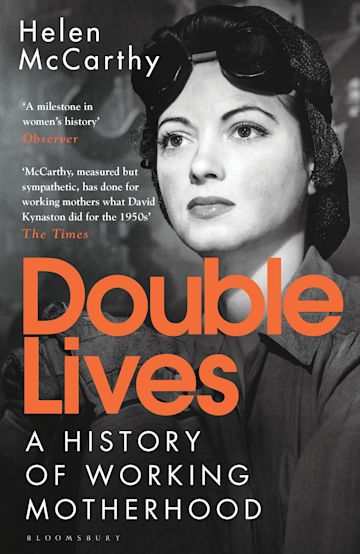August: Back to school and Cold War anniversaries
Sunday 22 August 2021

Back to School
We hope that those of you returning to school in August after the long vacation will be back full-time in the classroom for this year - or at least will have only a short period of on-line learning.
If you are teaching first year IB History students, don't forget that we have an an introduction section for students who are new to the IB programme (Getting started: Students). This gives them an overview of the kinds of skills they will need for the IB History course and advice on how to develop key study (and revision) skills.
Other suggestions for activities that you might consider doing with new classes to introduce them to this subject can be found here:
Several of the themes under our TOK pages would also work well as an introduction to the study of history. These pages reflect on how current issues are linked to historical themes and questions:
Site update
Topic 10 for Paper 3, The Americas is now completed
We have also added an essay for Paper 2, Topic 10 on Authoritarian States: To what extent was authoritarian control achieved in two 20th-century states? comparing Hitler and Castro:
And we have revamped the Paper 3, European region, Topic 15 on Diplomacy in Europe (1919 - 1945) adding content and making it easier to work through this section:
Anniversaries
Anniversaries provide excellent opportunities for reflecting on key moments in history, and August has seen two significant anniversaries connected to the Cold War. It is 30 years since the hard-liners in the Soviet Union attempted to remove Gorbachev:
Soviet hardliners stage Gorbachev coup, 1991 (BBC Archive)
In a televised broadcast, the eight coup plotters, who included the heads of the army, the KGB and the police, said they were saving the country from a "national catastrophe".
Fall of the Soviet Union: Three days that shook Russia and the world (The Independent)
30 years ago this week, a group of drunk and disorganised hardliners attempted to stop Gorbachev’s reformist course – but only succeeded in hastening the Soviet collapse. The consequences of their actions are still keenly felt in Russia today, writes Oliver Carroll in Moscow
And it is 60 years since the East German government started putting up the Berlin Wall;
History in the news
However, it is not only historical anniversaries that have triggered news stories linked to historical events this month. The tragedy unfolding in Afghanistan has its roots in the Soviet invasion of Afghanistan – so this is a good opportunity for Cold War history students to review the impact of this invasion and subsequent events. There are several articles currently in the press on this topic:
Timeline: U.S. War in Afghanistan (Council on Foreign Relations)
The Taliban insurgency remains resilient two decades after U.S.-led forces toppled its regime in what led to the United States’ longest war.
This documentary, 'Afghanistan - Land of endless war' made in 2019 covers the 20 year conflict through the eyes of six Afghan women.
In addition, the war in Yugoslavia and the issue of genocide remains in the news:
Bosnian Serbs defy top UN official Inzko over genocide denial (BBC News)
Ethnic Serb leaders accused of playing down the Srebrenica massacre will now boycott parliament.
Books
Several books have caught our eye this month:
Stalin's war by Sean Mcmeekin - Alternative Perspectives.
This gives an alternative take on the significance of Stalin in the Second World War.
Stalin's War by Sean McMeekin review - a revisionist take on the second world war (the Guardian)
An impressive study of the conflictâs major players contends that the Soviet despot was the dominant force
For a more critical review on this book which questions some of the ways McMeekin constructs his revisionist arguments., see this article from the FT (you have have to subscribe to see it - but note that the FT does a special subscription for schools which is worth getting).

2. Black Spartacus: The Epic Life of Toussaint L’Ouverture by Sudhir Hazareesingh which the following review by the Guardian describes as 'a gripping biography'. This book is interesting to students studying slavery for the Americas region and also Napoleon for the European region.
Black Spartacus by Sudhir Hazareesingh review â the epic life of Toussaint Louverture (the Guardian)
A gripping biography of the leader of the slave revolt that led to Haitiâs independence, described as âthe first black superhero of the modern age.
 3. Double Lives: a History of Working Motherhood by Helen McCarthy.
3. Double Lives: a History of Working Motherhood by Helen McCarthy.
This book focuses on women in Britain 19th - 20th Century and so also covers on the impact of both world wars on women.
4.  Hundred Years' War on Palestine. Rashid Khalidi
Hundred Years' War on Palestine. Rashid Khalidi
This is an account of the Israeli- Palestinain onflict from a Palestinian point of view by a leading Middle East historian.
The Hundred Years' War on Palestine by Rashid Khalidi review â conquest and resistance (the Guardian)
A passionate history of the Israeli-Palestinian conflict ... does the political will exist to bring about meaningful dialogue?

